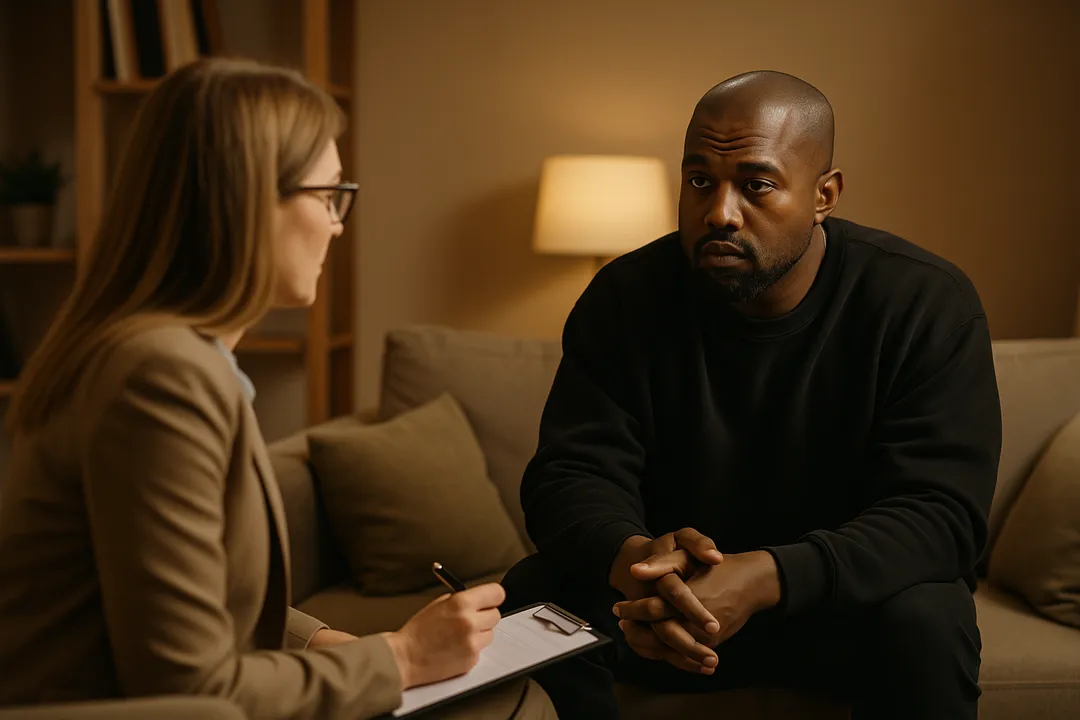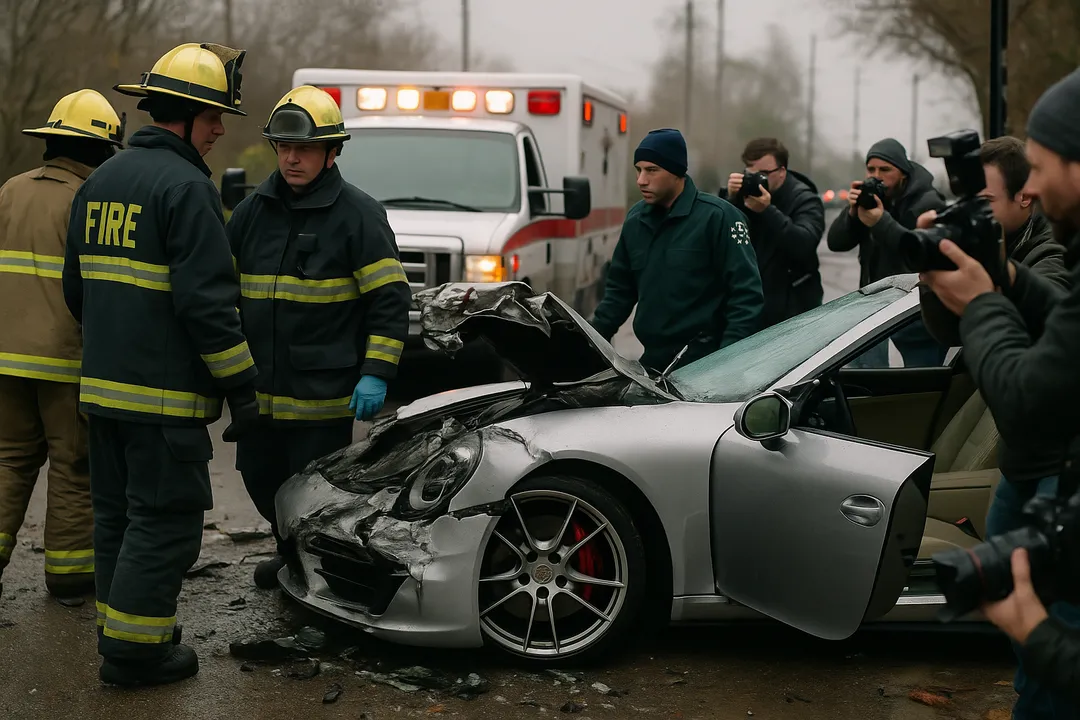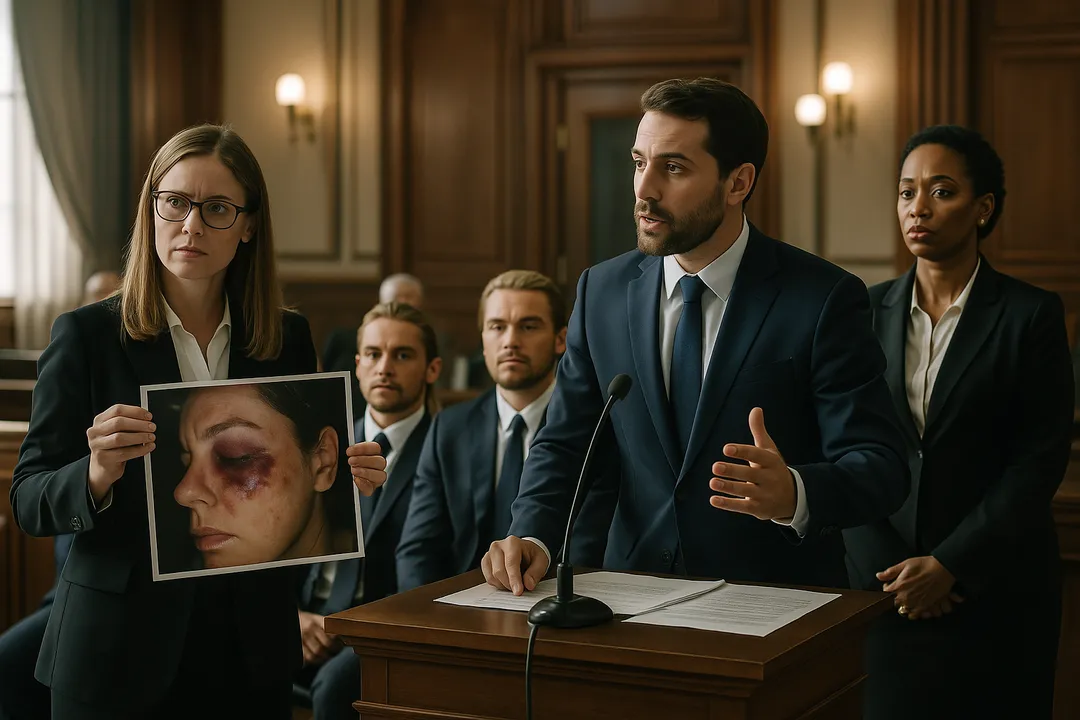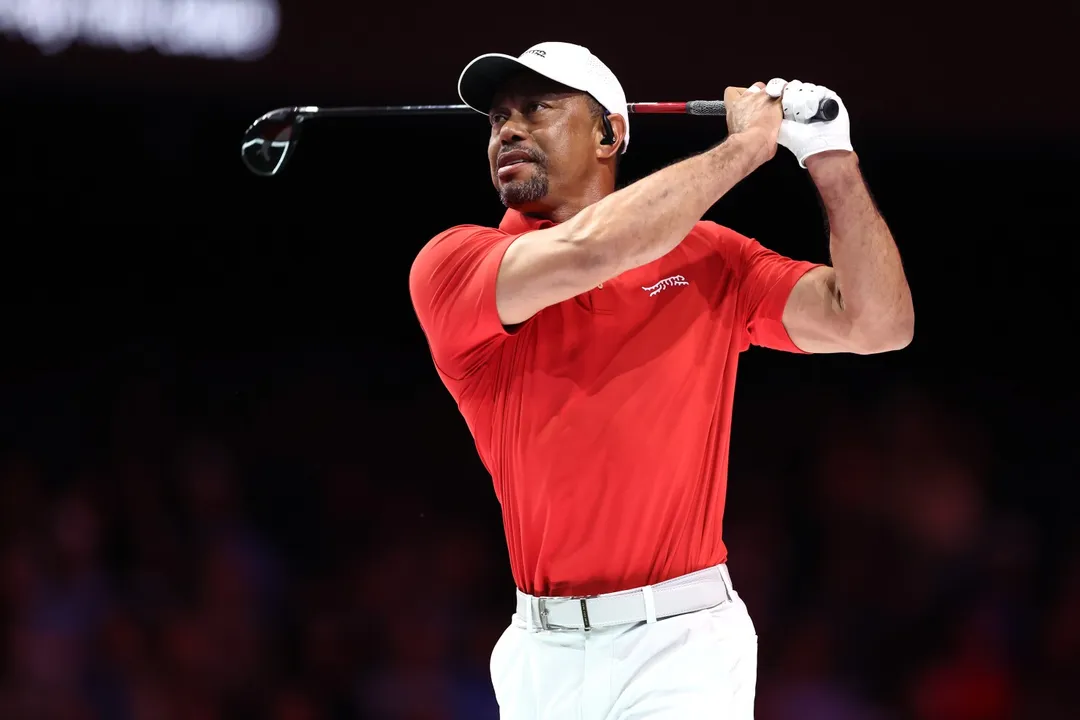When WWE superstar Randy Orton recently opened up about his mental health struggles following spinal fusion surgery, he shed light on one of the most overlooked aspects of celebrity injuries: the profound psychological impact that physical trauma can have on public figures. Orton’s candid discussion of panic attacks, antidepressants, and reaching “a dark place” during his recovery reveals the complex intersection of physical injury, mental health, and celebrity culture.
The legal and medical implications of mental health injuries in celebrity cases are far more complex than traditional physical injuries, involving questions of causation, treatment standards, and long-term care that challenge both the legal system and the entertainment industry. As we explore this often-hidden aspect of celebrity injuries, we uncover the urgent need for comprehensive approaches to celebrity health that address both physical and psychological well-being.
Randy Orton’s Revelation: A Case Study in Celebrity Mental Health
Randy Orton’s public discussion of his mental health struggles provides a rare window into the psychological challenges that can accompany celebrity injuries. His experience with panic attacks and the need for antidepressant and anti-anxiety medications following his 2022 spinal fusion surgery illustrates how physical injuries can trigger serious mental health consequences.
Orton’s description of reaching “a dark place” during his recovery highlights the isolation and psychological distress that can accompany career-threatening injuries. For professional athletes and entertainers whose identities are closely tied to their physical capabilities, injuries can trigger existential crises that extend far beyond the immediate physical trauma.
The timing of Orton’s mental health struggles—coinciding with his physical recovery—demonstrates the interconnected nature of physical and psychological healing. His experience suggests that effective celebrity injury treatment must address both the physical and mental health aspects of recovery to be truly successful.
Legal Framework for Mental Health Injury Claims
The legal landscape surrounding mental health injuries in celebrity cases is significantly more complex than traditional physical injury claims. As explored in our analysis of how personal injury law applies to public figures, celebrities face unique challenges when seeking legal remedies for psychological injuries.
Mental health injury claims typically require establishing a clear causal connection between a specific incident or condition and the resulting psychological harm. This causation requirement can be particularly challenging in celebrity cases, where multiple stressors and pre-existing conditions may contribute to mental health issues.
The legal standard for mental health injury claims varies significantly between jurisdictions, with some requiring physical injury as a prerequisite for psychological damage claims while others recognize standalone mental health injuries. These variations can significantly affect the legal options available to celebrities suffering from injury-related mental health issues.
Documentation and expert testimony play crucial roles in mental health injury cases. Unlike physical injuries that can be objectively measured and documented, psychological injuries often require extensive expert evaluation and testimony to establish both the existence and extent of the claimed damages.
Insurance Considerations for Mental Health Treatment
The insurance implications of celebrity mental health injuries are particularly complex, involving questions about coverage limits, treatment standards, and the relationship between physical and psychological care. As detailed in our comprehensive guide to the role of insurance in high-profile injury cases, mental health coverage often involves different standards and limitations than physical injury coverage.
Many insurance policies have specific limitations on mental health coverage, including caps on the number of therapy sessions, restrictions on certain types of treatment, and requirements for pre-authorization of care. These limitations can be particularly problematic for celebrities who may require extensive or specialized mental health treatment.
The integration of mental health treatment with physical injury recovery can also create insurance complications. When psychological issues arise as a direct result of physical injuries, determining which coverage applies and how costs should be allocated can become complex and contentious.
Celebrity-specific mental health insurance considerations include coverage for specialized therapists who understand the unique pressures of fame, treatment in private facilities to protect confidentiality, and coverage for family therapy or support services that may be necessary for comprehensive recovery.
The Unique Pressures of Celebrity Mental Health
Celebrities face unique mental health challenges that can complicate both injury recovery and legal proceedings. The constant public scrutiny, pressure to maintain a perfect image, and fear of career consequences can all exacerbate mental health issues arising from injuries.
The stigma surrounding mental health issues can be particularly acute for celebrities, who may fear that acknowledging psychological struggles will damage their careers or public image. This stigma can delay treatment and complicate recovery, potentially worsening both the immediate mental health issues and their long-term consequences.
Social media and constant media coverage can also complicate celebrity mental health recovery by creating additional stressors and making it difficult to maintain the privacy often necessary for effective treatment. The pressure to appear strong and resilient in public can conflict with the vulnerability required for genuine psychological healing.
Medical Standards for Celebrity Mental Health Care
The medical treatment of celebrity mental health issues requires specialized expertise that goes beyond traditional psychiatric care. Mental health professionals working with celebrities must understand the unique pressures of fame while maintaining the same clinical standards applied to all patients.
Confidentiality considerations are particularly important in celebrity mental health care, requiring specialized protocols to protect patient privacy while ensuring appropriate coordination of care. The risk of information leaks or breaches can significantly impact both treatment effectiveness and legal proceedings.
The integration of mental health care with other aspects of celebrity injury treatment requires careful coordination between multiple healthcare providers. This coordination is essential for ensuring comprehensive care while avoiding conflicts or gaps in treatment.
Specialized treatment modalities may be necessary for celebrities dealing with injury-related mental health issues. These might include therapy approaches specifically designed for high-achievers, treatment programs that address the unique stressors of public life, or specialized facilities that can provide care while protecting celebrity privacy.
Impact on Career and Earning Capacity
Mental health injuries can have profound effects on celebrity careers and earning capacity, often in ways that are more subtle but potentially more long-lasting than physical injuries. The psychological effects of injury can affect performance quality, creativity, and the ability to handle the pressures of celebrity life.
For performers like Randy Orton, mental health issues can affect not only the ability to perform physically but also the confidence and mental toughness required for success in competitive environments. These effects can be difficult to quantify but may have significant long-term career implications.
The stigma surrounding mental health issues can also create career consequences independent of the actual impact on performance. Celebrities may face discrimination or reduced opportunities if their mental health struggles become public knowledge, creating additional damages that must be considered in legal proceedings.
Legal Precedents in Celebrity Mental Health Cases
The legal landscape for celebrity mental health injury cases has been shaped by various precedents that have established important principles regarding causation, damages, and treatment standards. Understanding these precedents is crucial for both celebrities seeking legal remedies and professionals working in this field.
Key legal precedents have addressed issues such as the standard of proof required for mental health injury claims, the types of damages that can be recovered, and the responsibilities of employers and other parties to provide appropriate mental health support.
Court decisions have also clarified the relationship between physical and mental health injuries, establishing principles for cases where psychological issues arise as a direct result of physical trauma. These precedents are particularly relevant for cases like Orton’s, where mental health issues clearly followed physical injury.
Treatment Approaches and Recovery Strategies
Effective treatment of celebrity mental health injuries typically requires comprehensive approaches that address both the immediate psychological symptoms and the underlying factors that contribute to mental health challenges. These approaches must be tailored to the unique circumstances and pressures faced by celebrities.
Cognitive-behavioral therapy and other evidence-based treatments form the foundation of most celebrity mental health treatment programs. However, these standard approaches may need to be modified to address the specific stressors and challenges associated with celebrity life.
Medication management is often an important component of treatment, as illustrated by Orton’s use of antidepressants and anti-anxiety medications. The selection and monitoring of psychiatric medications for celebrities requires careful consideration of factors such as performance requirements, drug testing protocols, and potential interactions with other treatments.
Family and support system involvement is often crucial for successful celebrity mental health treatment. The unique pressures faced by celebrity families require specialized approaches to family therapy and support services.
Prevention and Early Intervention
The prevention of mental health issues in celebrity injury cases requires proactive approaches that address risk factors before they develop into serious problems. These prevention strategies must be integrated into overall celebrity health and safety programs.
Early identification of mental health risk factors is crucial for preventing serious psychological complications following celebrity injuries. This identification requires training for healthcare providers, support staff, and others who work closely with celebrities to recognize early warning signs of mental health issues.
Stress management and resilience training can help celebrities develop the psychological tools necessary to cope with injuries and other career challenges. These programs should be tailored to the specific stressors and demands of different types of celebrity careers.
The Role of Support Systems
Strong support systems play crucial roles in celebrity mental health recovery, but the unique circumstances of celebrity life can complicate the development and maintenance of these systems. Understanding these challenges is important for developing effective treatment and support strategies.
Professional support teams for celebrities often include mental health professionals, but may also involve publicists, managers, and other professionals who must be educated about mental health issues and their role in supporting recovery.
Family and personal relationships can be both sources of support and additional stressors for celebrities dealing with mental health issues. Specialized family therapy approaches may be necessary to help celebrity families navigate these challenges effectively.
Peer support from other celebrities who have faced similar challenges can be particularly valuable, but organizing such support while maintaining confidentiality and avoiding conflicts of interest requires careful planning and professional guidance.
Future Directions and Emerging Trends
The field of celebrity mental health is evolving rapidly, with new treatment approaches, legal precedents, and understanding of the unique challenges faced by public figures. Understanding these trends is important for anticipating future developments in this field.
Technology is playing an increasing role in celebrity mental health treatment, with innovations including teletherapy platforms designed for high-profile clients, apps for stress management and mood tracking, and virtual reality treatments for specific phobias or trauma-related issues.
Legal standards for celebrity mental health cases continue to evolve, with courts increasingly recognizing the legitimacy of psychological injury claims and the unique circumstances that affect celebrity mental health. These evolving standards may make it easier for celebrities to seek legal remedies for mental health injuries.
Integration with Physical Recovery
The integration of mental health treatment with physical injury recovery is crucial for comprehensive celebrity care. This integration requires coordination between multiple healthcare providers and careful attention to the interactions between physical and psychological healing processes.
Physical rehabilitation programs for celebrities increasingly include mental health components, recognizing that psychological factors can significantly affect physical recovery outcomes. This integrated approach can improve both physical and mental health outcomes.
The timing of mental health interventions in relation to physical recovery is important, with some treatments being more effective at certain stages of the recovery process. Understanding these timing considerations is crucial for optimizing treatment outcomes.
Conclusion
Randy Orton’s courageous disclosure of his mental health struggles following spinal surgery has illuminated a critical but often overlooked aspect of celebrity injuries: the profound psychological impact that physical trauma can have on public figures. His experience demonstrates that effective celebrity injury treatment must address both physical and mental health needs to achieve truly successful outcomes.
The legal and medical frameworks surrounding celebrity mental health injuries are complex and evolving, requiring specialized expertise and comprehensive approaches that address the unique challenges faced by public figures. As awareness of these issues grows, we can expect continued development of more effective treatment approaches and legal protections.
For celebrities facing similar challenges, Orton’s example provides both hope and guidance. His willingness to seek professional help and speak openly about his struggles demonstrates that mental health issues following injuries are treatable and that seeking help is a sign of strength, not weakness.
The entertainment industry as a whole must continue to evolve its approach to celebrity mental health, developing more comprehensive support systems and reducing the stigma that can prevent celebrities from seeking the help they need. Only through such comprehensive approaches can we ensure that celebrities receive the full spectrum of care necessary for complete recovery from injury-related trauma.
















